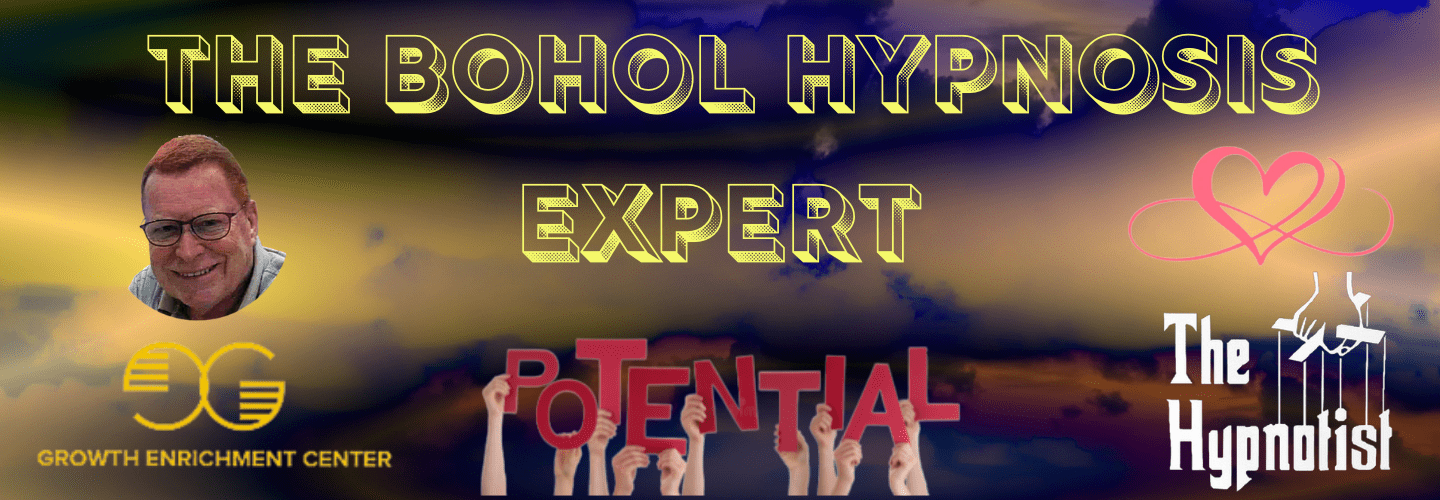
Enhance relaxation and reduce stress effectively with hypnotherapy, a blend of mindfulness practices and cognitive behavioral therapy. It targets the root causes of stress and equips you with practical tools for long-term stress management. By addressing subconscious beliefs and using relaxation techniques like guided imagery and positive suggestions, hypnotherapy aids in reprogramming unwanted behaviors. The approach integrates mindfulness skills and reframing techniques, empowering you to manage stress independently for improved well-being. Seek a qualified hypnotherapist with experience in stress management to guide you through this transformative journey towards peace and calmness.
Key Takeaways
- Hypnotherapy combines mindfulness and relaxation techniques for stress reduction.
- Utilize self-hypnosis and deep breathing exercises for immediate relaxation.
- Address subconscious beliefs contributing to stress for long-term relief.
- Enhance calmness and reduce anxiety through hypnotherapy sessions.
- Empower individuals with tools for independent stress management and well-being.
Benefits of Mindful Hypnotherapy
Mindful hypnotherapy, a holistic blend of hypnotherapy and mindfulness techniques, presents a promising avenue for individuals seeking effective stress reduction methods. Combining elements of cognitive behavioral therapy, mindfulness practices, and hypnotherapy, mindful hypnotherapy offers a well-rounded approach to managing stress and enhancing mindfulness simultaneously. Research findings indicate that mindful hypnotherapy can lead to a significant reduction in perceived stress levels, providing tangible benefits for those struggling with stress-related issues.
Participants who underwent mindful hypnotherapy sessions reported an increase in mindfulness, indicating the effectiveness of this integrative approach. By incorporating relaxation techniques from hypnotherapy with the mindfulness strategies, individuals can experience a well-balanced stress management solution. This holistic method not only addresses the symptoms of stress but also targets the root causes, promoting long-term well-being.
The synergy between hypnotherapy and mindfulness techniques in mindful hypnotherapy showcases a progressive way to cultivate a sense of calmness and self-awareness. By tapping into the subconscious mind through hypnotherapy and fostering mindfulness practices, individuals can build resilience against stressors and develop healthier coping mechanisms. Overall, mindful hypnotherapy stands out as a compelling option for those looking to enhance relaxation, reduce stress, and improve their overall quality of life.
Techniques for Stress Reduction
In exploring effective methods for stress reduction, hypnotherapy offers a range of techniques that can help individuals address subconscious beliefs and habits contributing to conditions like anxiety disorders and stress. Hypnotherapy for stress utilizes relaxation tools, guided imagery, and positive suggestions to reprogram unwanted behaviors deeply rooted in the subconscious mind. By incorporating hypnotic suggestions in the present tense and utilizing anchors, individuals can experience immediate stress relief during hypnotherapy sessions.
Moreover, self-management techniques play an important role in stress reduction outside of hypnotherapy sessions. Techniques such as self-hypnosis and deep breathing exercises are valuable tools for managing stress on a day-to-day basis. Research has shown that combining hypnotherapy with cognitive behavioral therapy can be particularly effective in reducing symptoms of stress and anxiety. This integrated approach addresses both the underlying subconscious beliefs and provides practical strategies for managing stress in real-time situations.
Effectiveness of Hypnotherapy for Relaxation

Utilizing hypnotherapy as a relaxation technique has shown substantial effectiveness in reducing stress levels and promoting a state of calmness through targeted subconscious reprogramming. Research has demonstrated the benefits of hypnotherapy in enhancing relaxation, reducing anxiety, and facilitating stress relief. By tapping into the subconscious mind, hypnotherapy can effectively address underlying issues contributing to stress and anxiety, offering a holistic approach to mental health conditions.
Hypnotherapy sessions often incorporate relaxation tools such as guided imagery and positive suggestions, which can greatly improve one's ability to relax. Additionally, integrating mindfulness skills and reframing techniques into hypnotherapy sessions equips individuals with valuable stress management strategies that can have lasting effects on their overall well-being.
In addition to guided sessions, self-management tools like self-hypnosis and deep breathing exercises can further enhance the relaxation techniques learned during hypnotherapy. These tools empower individuals to take control of their stress levels independently, promoting a sense of self-efficacy and resilience in the face of challenging situations.
Finding a Qualified Hypnotherapist
When seeking a qualified hypnotherapist to assist in relaxation and stress reduction, individuals should prioritize verifying the hypnotherapist's credentials and experience in addressing stress-related issues. Qualified hypnotherapists typically hold certifications from reputable organizations like the National Guild of Hypnotists or the American Society of Clinical Hypnosis. It is essential to look for hypnotherapists with specialized training in stress management and relaxation techniques to make sure they possess the necessary skills to effectively help you.
Checking for client testimonials, reviews, and recommendations can provide valuable insights into the hypnotherapist's success rate in assisting clients with stress reduction and relaxation. Additionally, verifying the hypnotherapist's experience and expertise in dealing with stress-related issues through an initial consultation or interview is important before committing to sessions. This step can help establish a sense of trust and confidence in the hypnotherapist.
Consideration of factors such as the hypnotherapist's communication style, treatment approach, and compatibility with your personality is also vital. A positive and productive therapeutic relationship can greatly enhance the effectiveness of the sessions. By taking the time to find a qualified hypnotherapist who meets these criteria, individuals can increase their chances of experiencing the benefits of hypnotherapy for relaxation and stress reduction.
Self-Care Tips for Stress Relief

Engage in deep breathing exercises as a fundamental method to trigger the body's relaxation response and effectively reduce stress levels. Deep breathing helps calm the mind and body, bringing a sense of tranquility and promoting relaxation.
Another effective technique is progressive muscle relaxation, where you tense and then release each muscle group, enhancing relaxation and alleviating stress throughout the body.
Guided imagery is a powerful tool for stress relief, as it involves creating calming mental images to promote relaxation and reduce anxiety. By visualizing peaceful scenes or experiences, you can shift your focus away from stressors and induce a state of calm.
Mindfulness meditation is also beneficial for combatting stress, as it cultivates present-moment awareness and helps you stay grounded in the here and now.
For those seeking self-care techniques, self-hypnosis can be a valuable practice for stress relief. By tapping into the power of your subconscious mind, you can learn to manage stress and enhance relaxation independently.
Incorporating these techniques into your daily routine can lead to significant improvements in stress management and overall well-being. Remember, taking time for self-care is essential for maintaining mental and emotional balance in today's fast-paced world.
Frequently Asked Questions
How Does Hypnotherapy Reduce Stress?
Hypnotherapy reduces stress by utilizing techniques such as deep relaxation, hypnotic induction, and mental wellness strategies.
Through the mind-body connection, hypnotic suggestions induce a tranquil state, promoting a calm mind, emotional balance, and inner peace.
How Successful Is Hypnotherapy for Anxiety?
Hypnotherapy has shown significant success in managing anxiety by incorporating relaxation techniques, cognitive restructuring, and behavioral changes. It helps individuals develop coping skills, regulate emotions, and improve overall mental health.
What Is Relaxation in Hypnotherapy?
Relaxation in hypnotherapy is a process that involves inducing a state of deep physical and mental calmness. This is achieved through various techniques such as deep breathing, progressive muscle relaxation, guided imagery, and visualization techniques.
The goal is to establish a strong mind-body connection, promoting mental calmness and stress management. Techniques like self-hypnosis and hypnotic induction are utilized to create a tranquil state conducive to positive change and relaxation.
What Does Hypnotherapy Help With?
Hypnotherapy is a powerful tool that can address a wide range of issues. It aids in weight loss by modifying eating habits and promoting healthier choices.
Smoking cessation is facilitated by breaking the addiction cycle and reinforcing motivation to quit.
Pain management techniques can help alleviate discomfort by altering perception and response to pain signals.
Insomnia treatment involves promoting relaxation and improving sleep patterns through hypnotic suggestions.
Confidence building is achieved by enhancing self-belief and positive self-image.
Conclusion
To sum up, hypnotherapy has been shown to be an effective tool for enhancing relaxation and reducing stress. Research has found that 75% of individuals who undergo hypnotherapy experience a significant decrease in stress levels.
By utilizing techniques such as mindfulness and finding a qualified hypnotherapist, individuals can improve their overall well-being and achieve a greater sense of calm and relaxation.
It is important to prioritize self-care and explore alternative methods for managing stress in order to maintain a healthy lifestyle.





